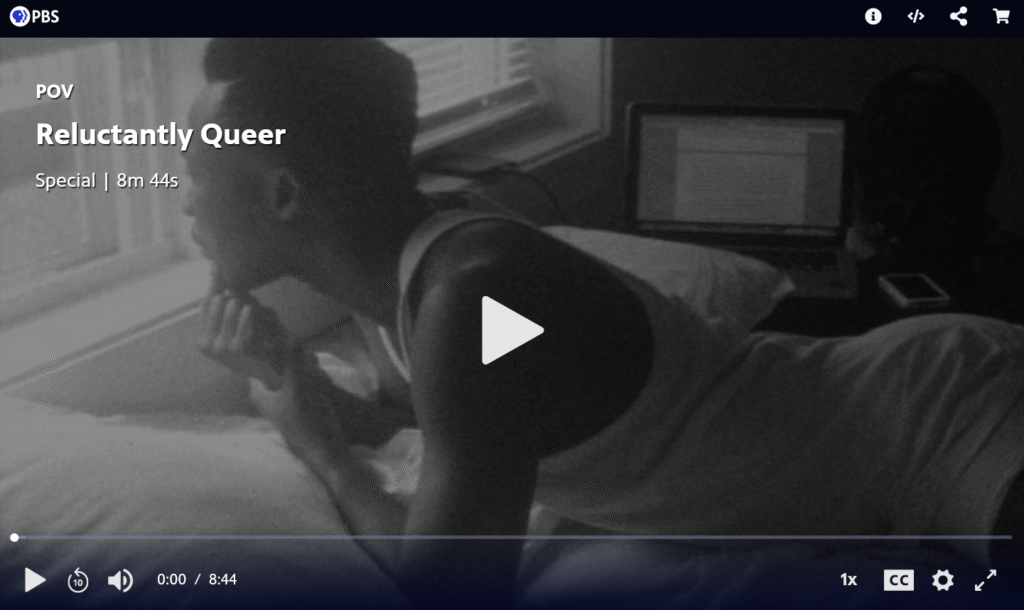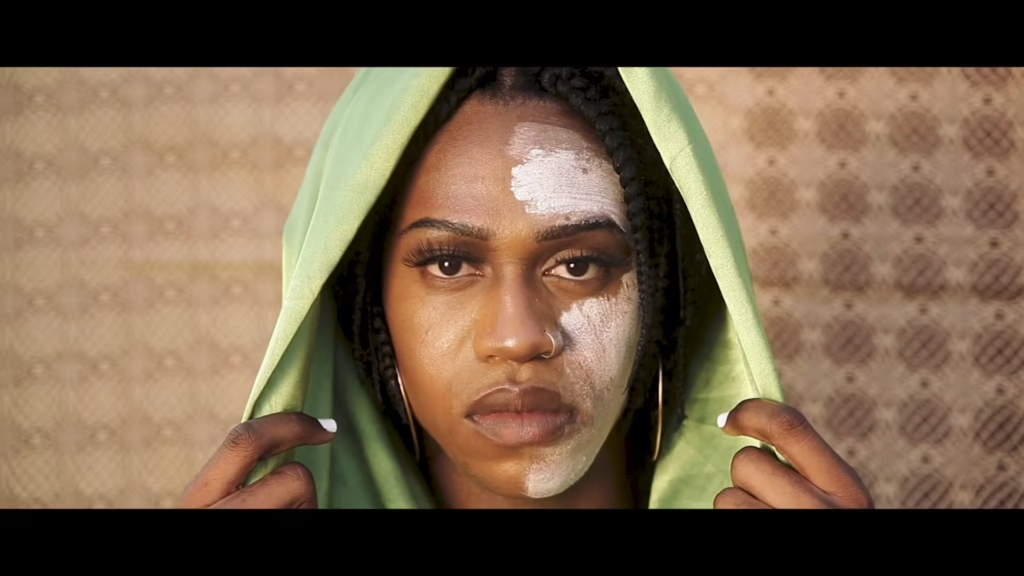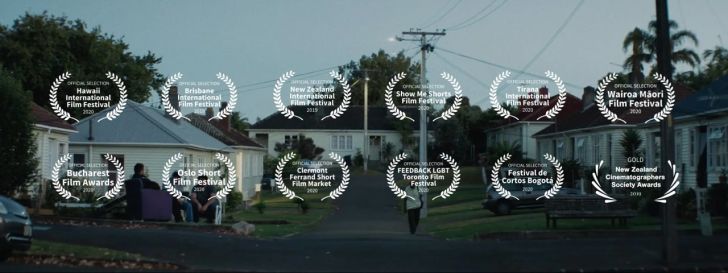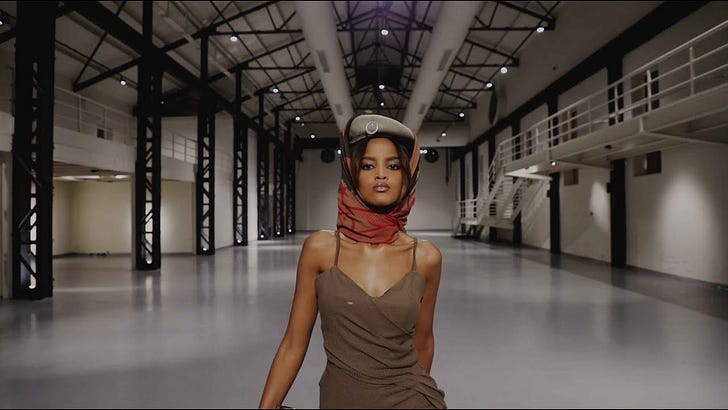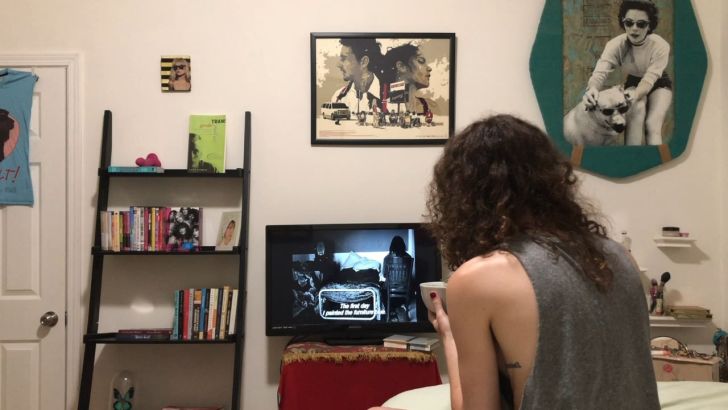Kicking this newsletter off with two short films: “How to Raise a Black Boy” and “安可瑪莎 | Encore Martha”
I started watching queer and trans short films about a month ago. Well, that’s not entirely accurate – I’d watched probably dozens of short films throughout my life up until then, at film festivals, online, as previews to feature films. But it was in early September of this year that I decided to make a project of seeking out and watching LGBTQIA+ short films.
In part, this is because short films are the kind of media that I’ve never made time for but always intended to, especially since a lot of queer and trans creators don’t have the access or resources to make feature films, and I knew there was a lot I was missing by not exploring the medium further. But mostly, I looked to short films as a way to have something to watch while my attention span and energy levels are low, due to suffering from long COVID for the past several months.
Since then, I’ve watched over 150 short films and counting, and somewhere along the way, I realized that others might be interested to know what’s out there. I’m kicking this newsletter off with two of my favorite shorts so far – I hope you find them as intriguing and wonderful as I do.
Content notes for both film are listed at the bottom of the email. Enjoy!
“But Mommy said there were two types of fairies – the good ones made from laughter, and those made from secrets. And our family, we had secrets.”
How to Raise a Black Boy, written and directed by Justice Jamal Jones (they/she/he), is like nothing else I’ve seen before, short film or otherwise. Described as a modern fairy tale, the film, a mix of live-action and collage animation, relates the journey from childhood to adulthood for four queer black boys who grew up together. It’s at different points eerie, thrilling, wistful, and joyful, using a Peter Pan-like narrative to uncover both the sinister and magical elements of its story, the fears and hopes of its protagonists.
The film plays around with themes of flight, how wings can grant one freedom, risk, and ecstasy; and memory, the ephemeral ways that our past lingers and bleeds into our present and future. “In this film, I see myself, my brothers, my fathers, and my lovers,” said Jones to NOWNESS. “In this fairy tale, we can all coexist in our mutual experiences as black boys.”
Jones, who calls herself an alchemist (not someone who transforms metals, but “one who transforms mundane occurrences into serendipitous collisions of visuals, sounds, and emotion”), is also the founder of Rainbow Farm Productions, and they are currently working on a feature film called Crossroad Blues. Read more about him and his work in this interview with Photobook Magazine. You can also find Justice Jamal Jones on Instagram.
How to Raise a Black Boy
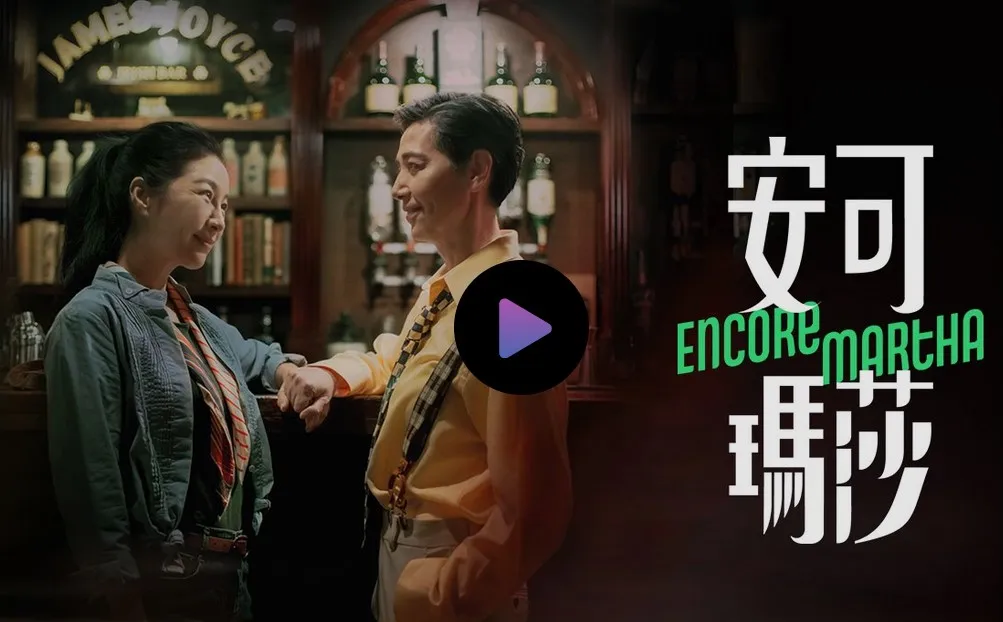
“Nothing lasts forever. Love, before the moment’s gone.”
安可瑪莎 | Encore Martha, written and directed by Natasha Kang-Hsin Sung (no pronouns available), tells the story of Uncle Martha (Tammy Lai), a butch lesbian in her 50s who sings at a bar and casually dates women she meets there, until she unexpectedly runs into her first love, Mandy (Wen-Lin Fang), whom she hasn’t seen for thirty years. This reunion brings them both joy, but old fears creep in as they become close again, as Mandy worries how her family might react to her old flame.
Uncle Martha was based on the real-life star Huang Hsiao-Ning, also sometimes called Martha Huang, who was known for being Taiwan’s first female Elvis impersonator. Hsiao-Ning (who identified as a woman, a butch lesbian, and a tomboy or T, and used he/him pronouns) grew to fame in the 1960s and 1970s on both Taiwanese and mainland Chinese television, before moving to the United States to be with family in the early 1980s. He returned to Taiwan in 2014 and took to the stage again several more times before passing away in 2018. Read more about Huang Hsiao-Ning in this essay for The Margins.
Natasha Kang-Hsin Sung decided to make this short film after meeting Huang Hsiao-Ning in 2015. “Martha told me once that music is her heartbeat, but love is her oxygen,” said the director (in translation from Mandarin). “So in her entire life she actually needed love to bring her inspirations, which were emotions when she sang. All this came from her abundant love history.” Watch this interview with the director and the actor who brought the character of Uncle Martha to life (brief spoilers for the short film).
安可瑪莎 | Encore Martha
To see the full list of what kinds of content notes I will be warning for, visit the About page.


